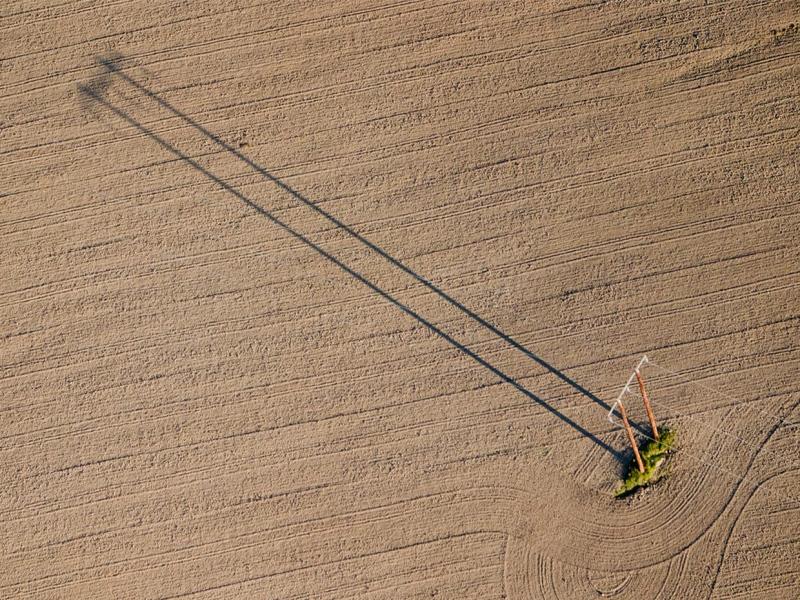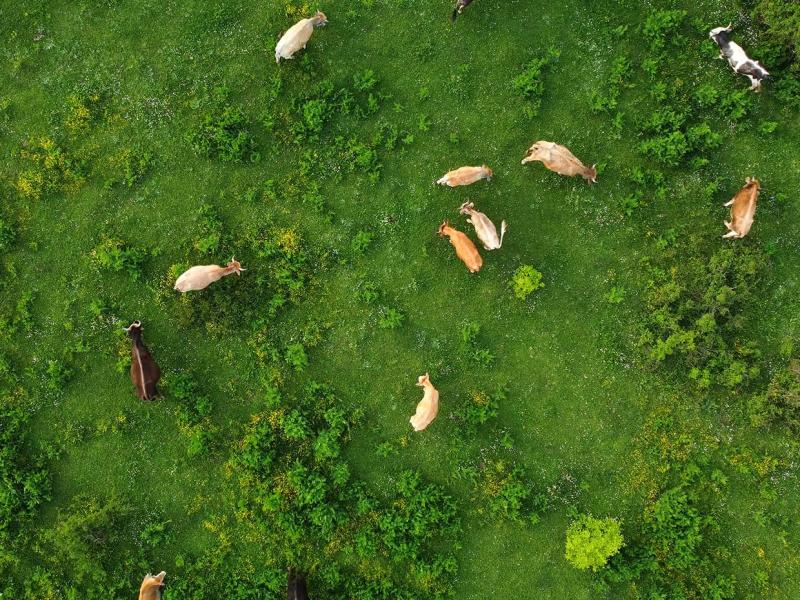Coverage of the drought that has impacted much of the farming community in central and eastern Australia throughout 2018 and earlier years has been unprecedented. National and international media have shared stories of farmers doing it tough, fighting to keep their livestock going when feed and water are scarce and for nearly all, massive financial impacts as the fallout from this season linger for years to come. One of the positive outcomes of this media coverage is that the Government has been seen to take notice and where possible, help out. 
Prior to this year, the Government issued its Agricultural Competitiveness White Paper in July 2015. This paper received Royal Assent in May 2016 and the measures included in this White Paper started on 1 July 2016.
Some of the reforms in this White Paper were around the existing Farm Management Deposit Scheme.
The Farm Management Deposit Scheme has been in place for many years and Farm Management Deposits (FMD’s) have been used by primary producers over the years as a means to manage fluctuations of cash flows in their business.
The basic conditions for eligibility for the Farm Management Deposit Scheme are:
- The primary producer’s non-primary production income must be less than $100,000 in the financial year they make the deposit
- Deposits can be held with any number of authorised deposit-taking institutions and primary producers can have multiple accounts
- Deposits must be in place for at least 12 months to access the tax benefits
- A primary producer may hold up to a maximum of $800,000 in FMDs
Special conditions for farmers affected by natural disasters and drought
Special conditions are in place for primary producers affected by natural disasters (Category C recovery assistance under the Natural Disaster Relief and Recovery Arrangements) to enable withdrawal of a deposit within the first 12 months.
From 1 July 2016, the White Paper allows Primary Producers affected by drought to withdraw their FMDs before 12 months providing they meet certain conditions, including the need to demonstrate that an area of their farming property has been affected by a rainfall deficiency for six consecutive months.
Farm Management Deposit offset against loans or other debts
Section 293-37 of the Income Tax Assessment Act 1997 allows amounts held in an FMD to offset a loan or other debt relating to the FMD owner’s primary production business from 1 July 2016.
This news was welcomed following its announcement in July 2015, however, once the legislation was in place it became clear that despite all good intentions, many primary producers would still be unable to avail themselves of this concession.
An FMD can be linked to a loan or other debt of the FMD owner or their partnership to enable the amount of interest charged on that loan or other debt to be less than what it would be otherwise.
An FMD must be held in the name of the individual primary producer, and not the business that carries on the primary production business. A significant number of primary producers for various reasons including succession and asset protection are now conducting their primary production business through a trust or a company. In most instances, loans are held in the name of the trust or the company. For these primary producers, there is no access to the offset arrangement.
Drought Assistance talks were held in Canberra in July 2018. Ahead of these talks Federal Agriculture Minister David Littleproud called on the banks to show a “social conscience” and offer FMD offset accounts. At that time the only bank that had put systems in place to offer these offset accounts was Ruralbank. 
Since July nearly all of the major rural lenders including Commonwealth Bank, Rabobank, Westpac, Australia and New Zealand (ANZ) and National Australia Bank (NAB) have been able to put these arrangements in place. Each have their own conditions that primary producers must meet in order to avail themselves of these facilities, however with legislation currently excluding any primary producer who is not trading as a sole trader or partnership of individuals to access the facility. It is expected that there will continue to be limited take-up of this facility, despite good intentions and efforts to assist farmers in need.
How could a change in the legislation help more farmers access the FMD offset scheme?
Those primary producers who trade as a trust have facilities in place with their banks that ensure that for all borrowings, the associated individuals are connected to that borrowing in some way.
Banks will often require individuals to act as guarantor on lending facilities. These individuals are usually family members associated with the farming business and as such, are intrinsically connected to the loan.
Trusts also have a number of controlling positions that may be held by individuals, including an appointor and a guardian. Individuals are often trustees of trusts or in some cases, a trust will have a corporate trustee. This corporate trustee will invariably then have an associated individual as a director or shareholder of that company.
Other tax legislation such as the Small Business Tax Offsets and GST grouping provisions apply a “look through” approach to small businesses that tie individuals, partnerships, trusts and companies within one business together usually through controlling individuals.
Making a change to an existing trading structure, to revert from say a trust to a partnership, in order for a primary producer to avail themselves of the FMD offset provisions would in most cases be cost prohibitive and ineffective.
Making a change to the existing legislation to allow for a “look through” approach to trusts and link the individual primary producer that holds the FMD to the associated entity or trust and its loans would undoubtedly be of benefit to a large number of primary producers who have used FMDs as intended. They have made these deposits in good years and manage the withdrawal of these deposits each year as part of their cashflow and tax planning. With farm debt crippling many across the country as a result of drought or other poor seasonal conditions, the ability to use an offset facility would provide relief from the burden of interest on increasing farm debt to enable them to continue to feed livestock and families in rural areas.
The intention of the Agricultural Competitiveness White Paper in 2015 was good and the Government introduced concessions in this paper and subsequent legislation that have been of great benefit to primary producers.
Any attempts to tweak this legislation and to allow it to apply to more of its intended recipients would no doubt be welcomed by the farming community.
For further information on Farm Management Deposit offset
If you require further information or have any questions regarding Farm Management Deposit offset, please contact your local RSM office.




